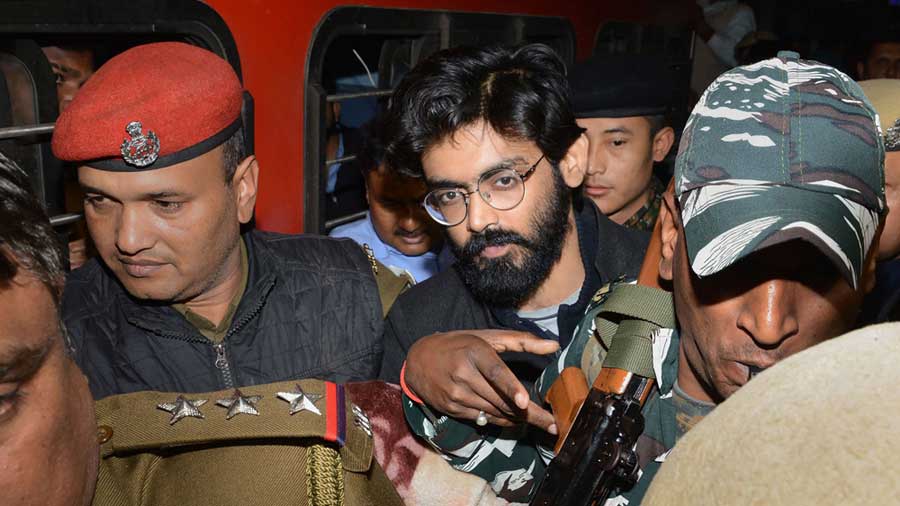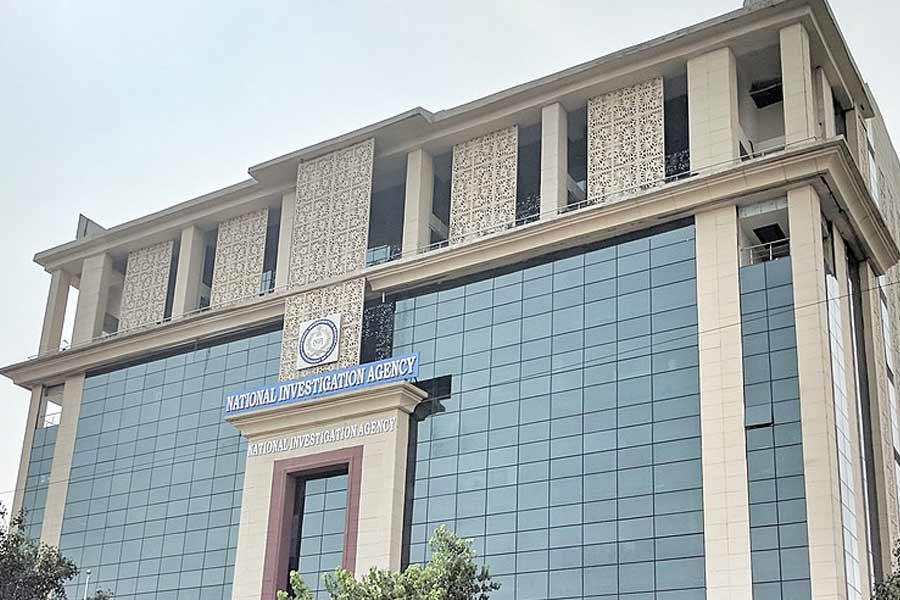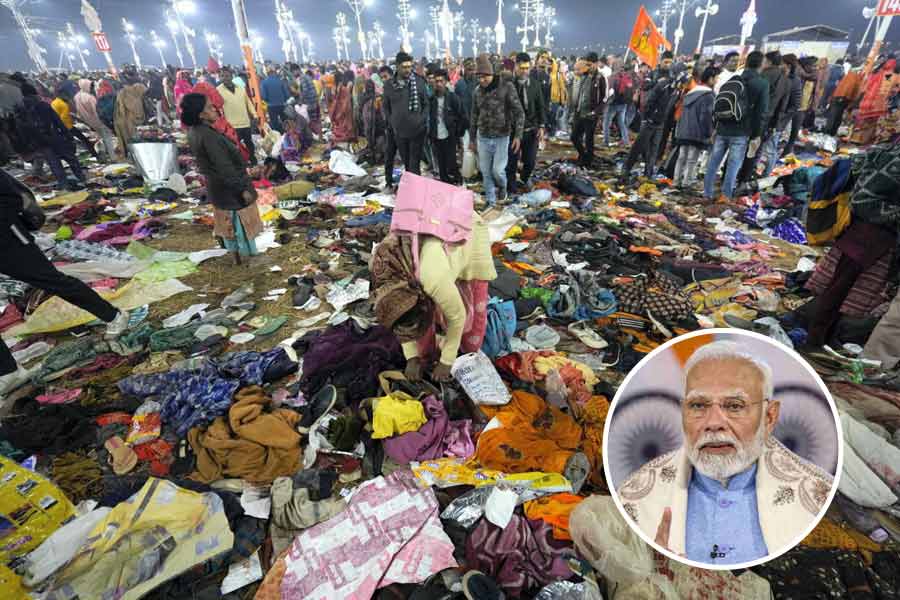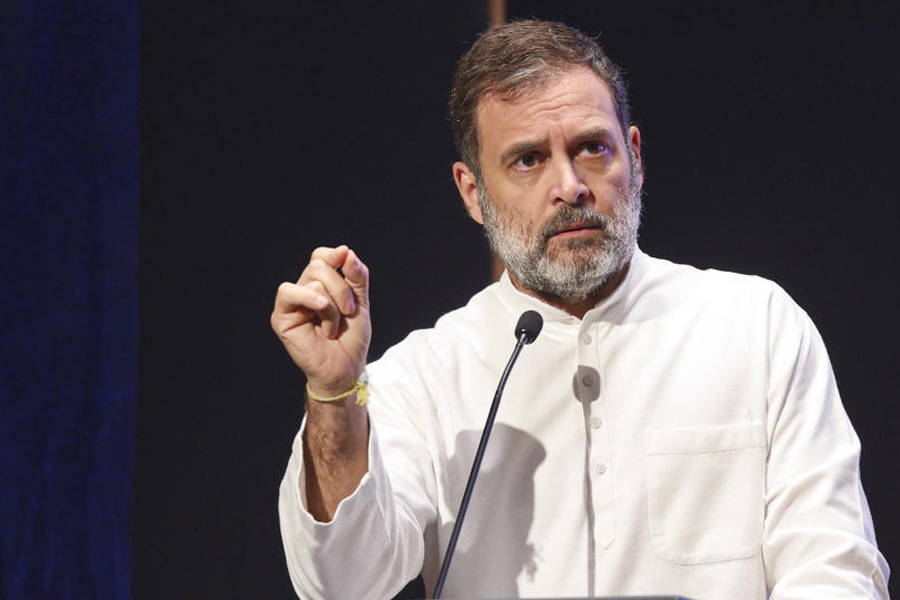A Delhi court on Friday denied bail to JNU student Sharjeel Imam in a sedition case lodged against him during the anti-CAA protests although it acknowledged that the evidence was scanty and sketchy.
Additional sessions judge Anuj Agrawal observed that free speech could not be exercised at the cost of communal peace and harmony.
Sharjeel was arrested on the charge of delivering an inflammatory speech against the new citizenship regime at an event on December 13, 2019, that instigated a “particular religious community”. The police say the speech triggered violence two days later with a group of over 3,000 people attacking cops and torching vehicles in the Jamia Nagar area of south Delhi.
While rejecting Sharjeel’s bail plea, Judge Agrawal, however, noted that the evidence in support of the allegations that the people had got instigated by the activist’s speech was scanty and sketchy.
“The tone and tenor of the incendiary speech tend to have a debilitating effect upon public tranquillity, peace and harmony of the society,” the judge said. “It is no gainsaying that the fundamental right of ‘freedom of speech and expression’ cannot be exercised at the cost of communal peace and harmony of the society.”
On evidence, the court said: “Neither has any eyewitness been cited by the prosecution nor is there any other evidence on record to suggest that the co-accused got instigated and committed the alleged act of rioting upon hearing the speech of Sharjeel Imam.”
The court said there was no evidence corroborating the version of the prosecution that alleged the mob was a part of the audience addressed by Sharjeel. It said the essential link between the speech and the subsequent acts was conspicuously missing.
“Once the legally impermissible foundation of imaginative thinking and disclosure statement of accused are removed, the prosecution version… appears to be crumbling like a house of cards,” the court observed.










